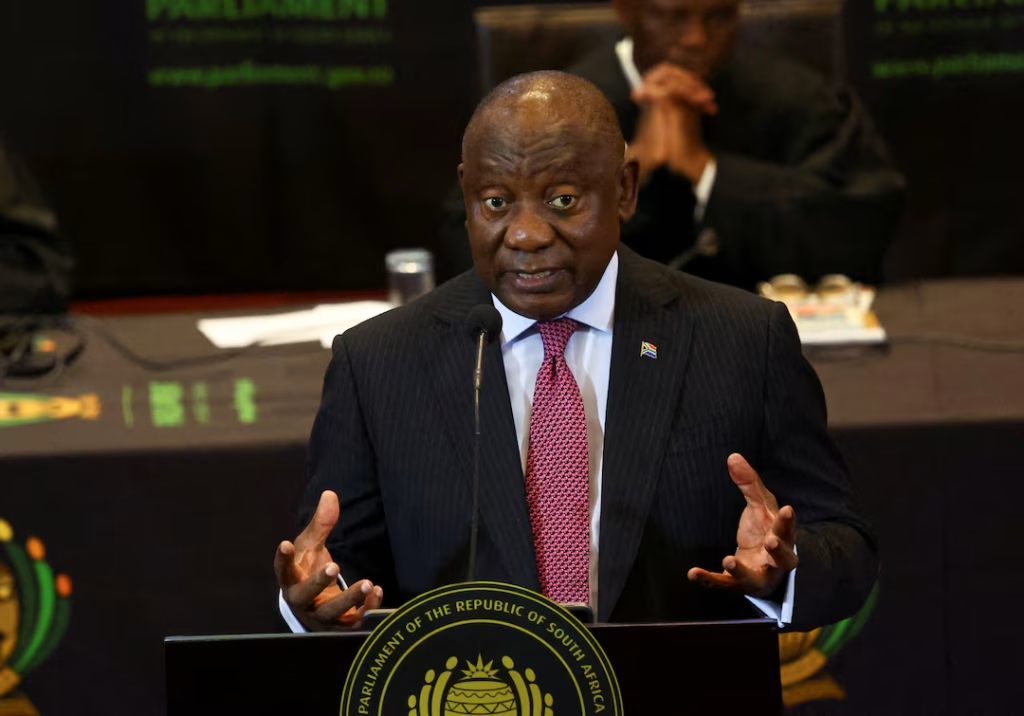South African President Cyril Ramaphosa has ordered a judicial inquiry into allegations that successive governments may have obstructed the prosecution of apartheid-era crimes, in a move aimed at addressing decades of frustration among victims’ families.
The presidency announced the decision on Wednesday, stating the inquiry will determine whether any attempts were made to delay or derail investigations into politically motivated killings and disappearances committed under the apartheid regime.
“This is about uncovering the truth and closing a painful chapter,” the presidency said in a statement, referencing long-standing accusations that elements within post-apartheid administrations shielded those responsible for human rights abuses.
The announcement follows a legal challenge brought by 25 survivors and relatives of victims who vanished or were killed during apartheid. The plaintiffs, who filed suit in the Pretoria High Court in January, are demanding 167 million rand (approximately $9 million) in compensation, accusing the state of failing to act on cases handed over by the Truth and Reconciliation Commission (TRC) more than two decades ago.
Formed in 1996 to help the country confront its violent past, the TRC referred hundreds of cases to state prosecutors for follow-up. But many of those files remain untouched, leaving families without answers or justice.
The presidency confirmed it will ask the court to suspend the current lawsuit pending the outcome of the commission’s work. No timeline has yet been provided for the inquiry’s start or duration.
While the move has been cautiously welcomed by civil society, not all responses have been positive.
The Foundation for Human Rights, which is supporting the families in their legal claim, criticized the government’s bid to delay court proceedings, saying the inquiry lacks the authority to deliver on constitutional rights or financial compensation.
“Instead of negotiating directly with the victims’ families, the president is passing the matter to a commission with no power to resolve the claims,” the foundation said in a statement.
As South Africa continues to grapple with the legacies of apartheid, the commission’s findings could have far-reaching implications—not just for historical justice, but for public trust in state accountability.



